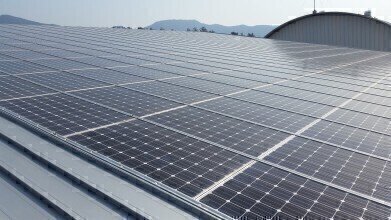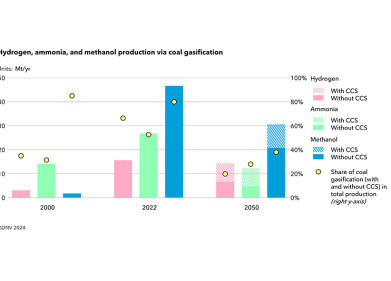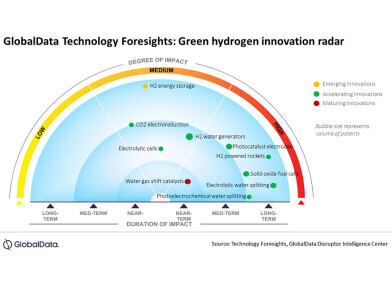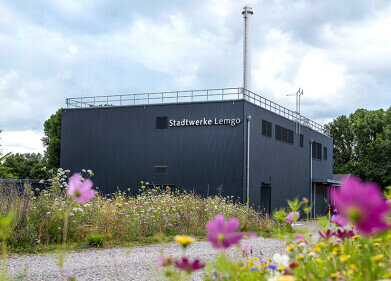Green Energy
What Are the Benefits of Renewable Energy for Industrial Users?
May 23 2021
As the world wakes up to the imminent climate crisis facing it, there is an increasing onus on industrial companies to clean up their environmental acts and limit the amount of greenhouse gases they emit. Installing sustainable carbon capture and storage technology is one way to improve their environmental performance, but transitioning to renewable energy will form another key facet of the strategy aimed at achieving a greener tomorrow.
However, adopting renewables doesn’t just make sense in terms of helping the environment and complying with national and international legislation on the issue. It also holds a raft of other benefits which any forward-thinking company would be well advised to take heed of when planning their business policy for the years ahead. Here are a handful of the advantages that switching to renewables would bring to any company operating in any industry.
Enhanced consumer confidence
While lending the planet a helping hand should be enough of a reward in itself, the cut-throat and dog-eat-dog world of business means that enterprises often need more motivation than simply doing the right thing – and that motivation usually comes with a dollar sign in front of it. Thankfully, ecological issues have become so mainstream that consumers now actively value companies which prioritise them, meaning that transitioning to renewables could help boost consumer confidence and attract new customers, thus ultimately inflating the profit margins of those involved.
Energy security and stability
Even though there are still plentiful fossil fuel reserves found around the world, the truth is that they are a finite resource which will eventually become exhausted one day. By contrast, renewables are – by their very nature – infinite sources of energy that are continually being replenished, meaning they provide far greater security and stability than oil, coal or gas. The distributed and modular nature of most renewable energy plants also enhances their resilience in times of accident, sabotage or natural disaster.
Increased competitiveness with international rivals
Other nations around the world are adopting eco-friendly technologies at an alarming pace. Nordic nations such as Finland, Sweden and Denmark are world leaders in implementing renewables, while green energy is driving ahead in Germany, as well. Even China – the world’s biggest carbon polluters – have spent more money investigating and installing renewables than the rest of the planet combined in the past few years. As a result, industrial users in the UK cannot afford to slip behind their international rivals.
Job creation
Did you know that in general, renewables require more manpower than fossil fuel power plants? Solar farms demand engineers to install them, while wind turbines need technicians to maintain them. Indeed, a 2009 report by the Union of Concerned Scientists found that increasing the share of renewables in the US energy makeup to 25% by 2025 would create over three times as many employment opportunities as a corresponding increase in fossil fuels would precipitate. And that’s even before the knock-on effects to the wider economy are taken into account.
Events
Apr 24 2024 Sao Paulo, Brasil
May 05 2024 Seville, Spain
May 13 2024 Munich, Germany
May 23 2024 Beijing, China
May 23 2024 Beijing, China














